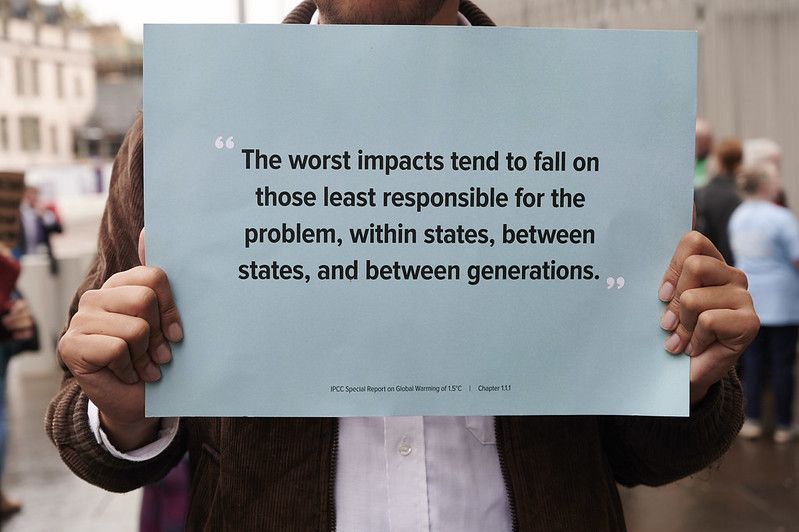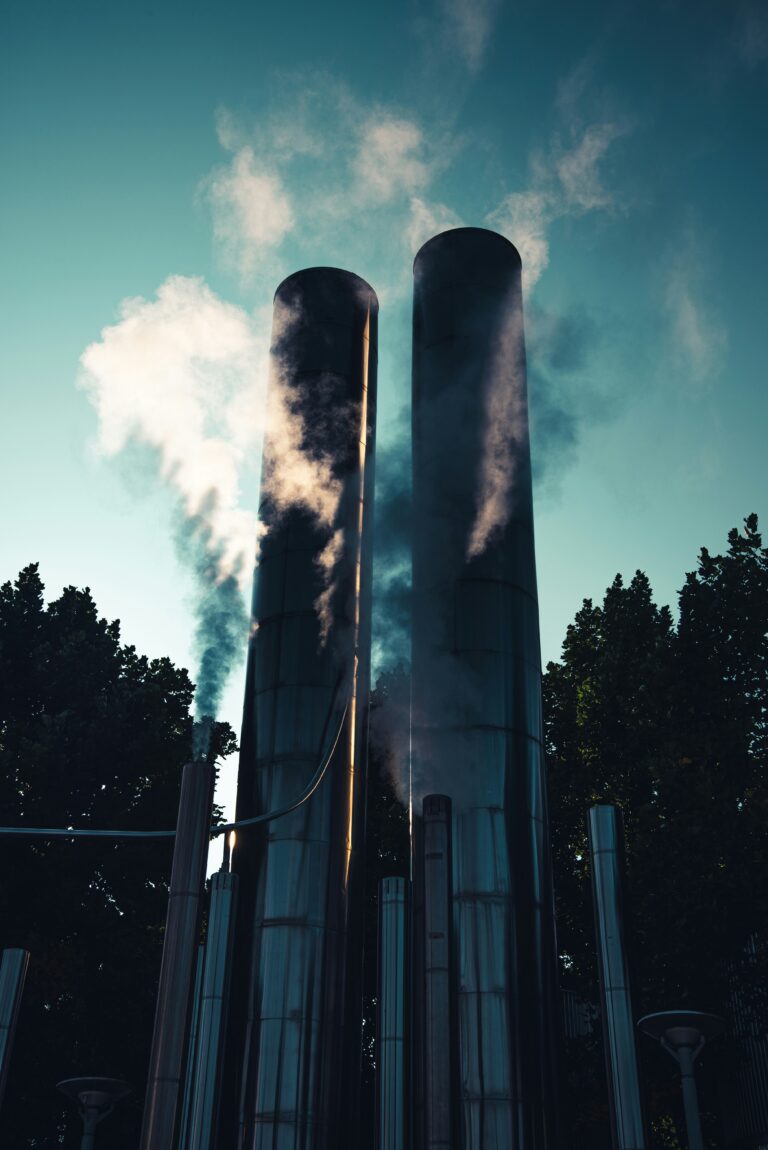Response to Scottish Government consultation on Draft Climate Change Plan
The Plan is lacking in both detail and policy and does not represent a robust route to meeting climate goals. The next Scottish Government must go further than the policies outlined in this CCP if it wishes to tackle the climate emergency in a just and equitable way.



